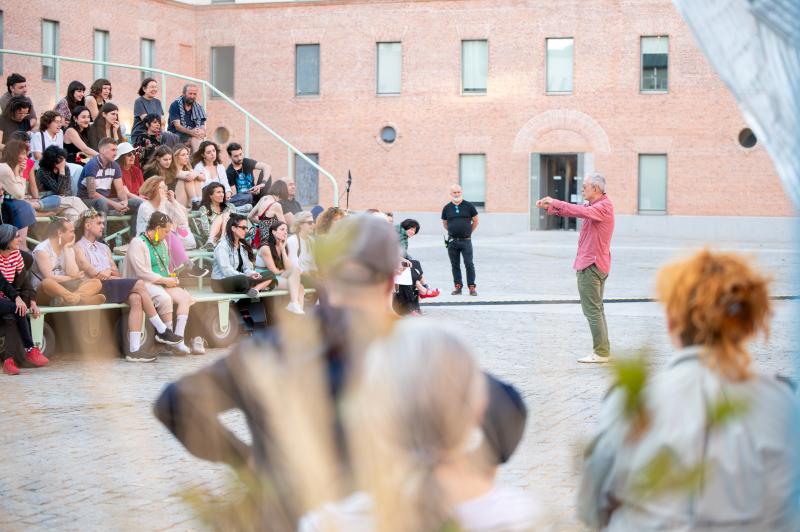
Three Landscape Essays: Movable Ecosystems for Future Climates

Three Landscape Essays: Movable Ecosystems for Future Climates
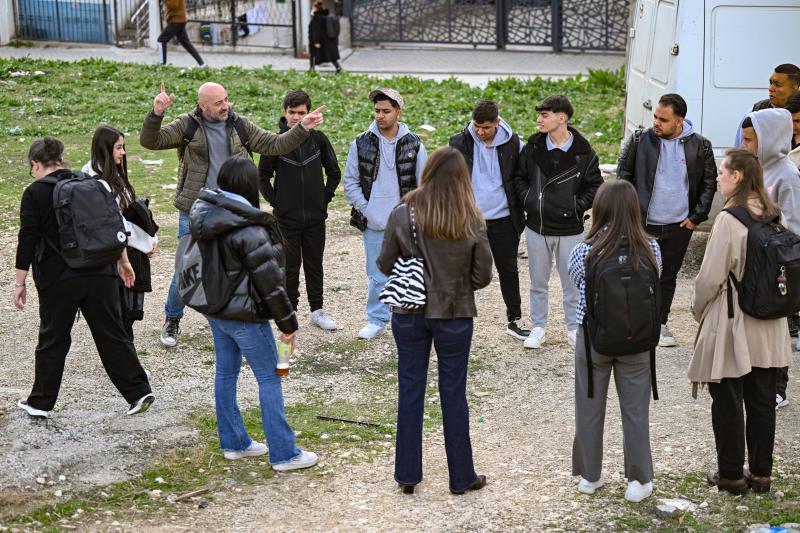
Municipality, my green home is an example of an inclusive project for co-designing public spaces in a Roma community, which involved its youth structures and engaged expert knowledge. The resulting solutions reflect youth visions that inspire change for a sustainable and strong community. The results of the project address particular needs of vulnerable groups being at risk of exclusion and poverty.

The Edible School project transforms the school into a living ecosystem focused on food, ecology, and responsible consumption. By integrating vertical farming, permaculture, agroforestry, and composting, it offers playful outdoor learning that fosters food literacy and environmental awareness within the school community. This innovative model inspires healthier habits, nurtures curiosity, and drives meaningful change toward a more sustainable, equitable future through education.
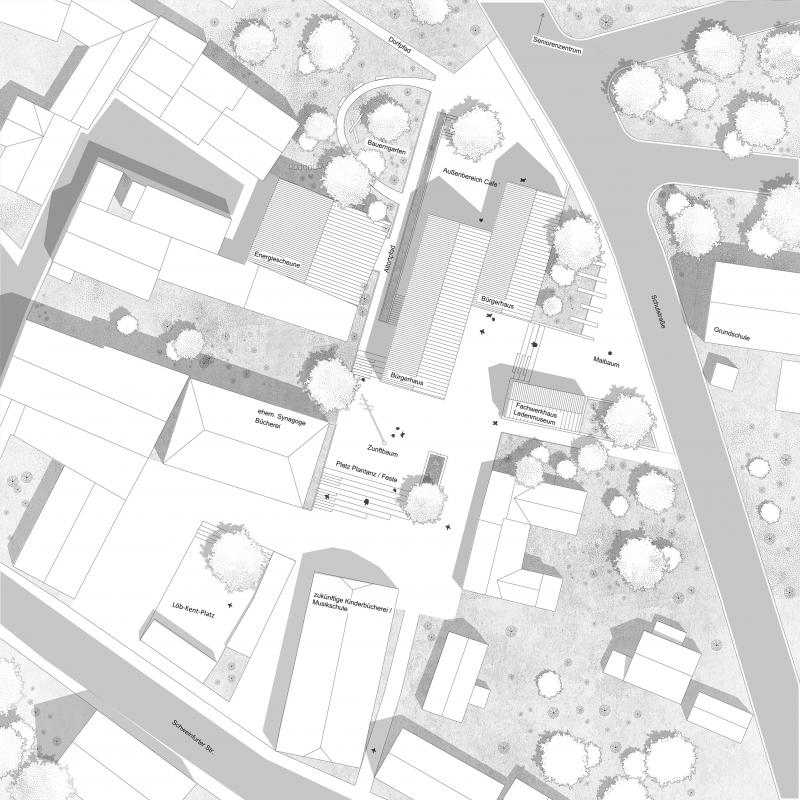
A new civic centre with a café, community spaces, a museum, a marketplace and a garden has been created in the heart of this small Bavarian village, between the old centre and the new residential area. To ensure the social and sustainable development of the town, the use of the spaces was defined jointly with the residents. The architecture is likewise sustainable: among other things it utilizes recycled concrete fabricated from a highway bridge that was taken down 50 kilometres away.
The Zhytomyr community has implemented a large-scale housing program for IDPs, integrating modern technologies and international partnerships. Completed projects include 56 modular houses, 2 family-type houses with solar panels and heat pumps, and 7 renovated dormitory rooms. These provide safe, energy-efficient housing for displaced families, serving as a model for sustainable urban development and effective collaboration between local authorities and international partners.
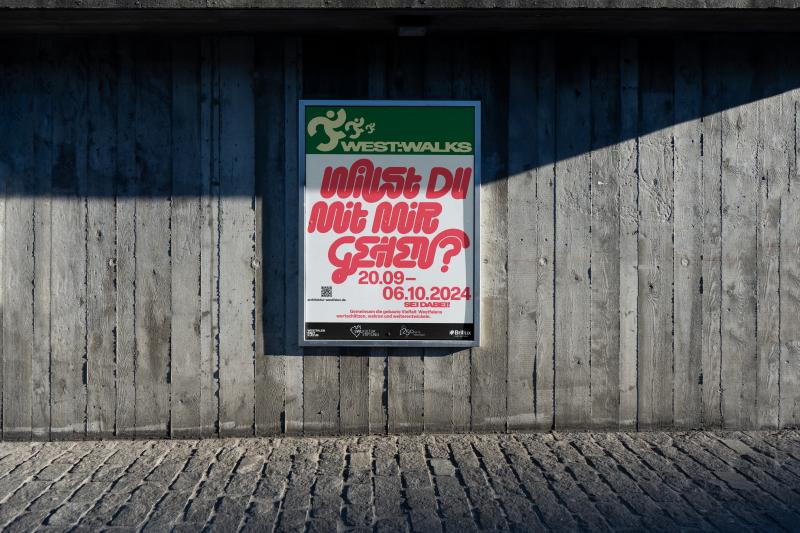
How can we shape our built environment together? WEST:WALKS were developed for the 34,000 square kilometer region of Westphalia, building on insights from FUTURE:WEST—the first Europe-wide survey on building culture. The initiative strengthens disadvantaged places and empowers marginalized groups, including children, migrants, and low-income communities, by enhancing language proficiency in building culture and raising awareness of ecological interconnections.
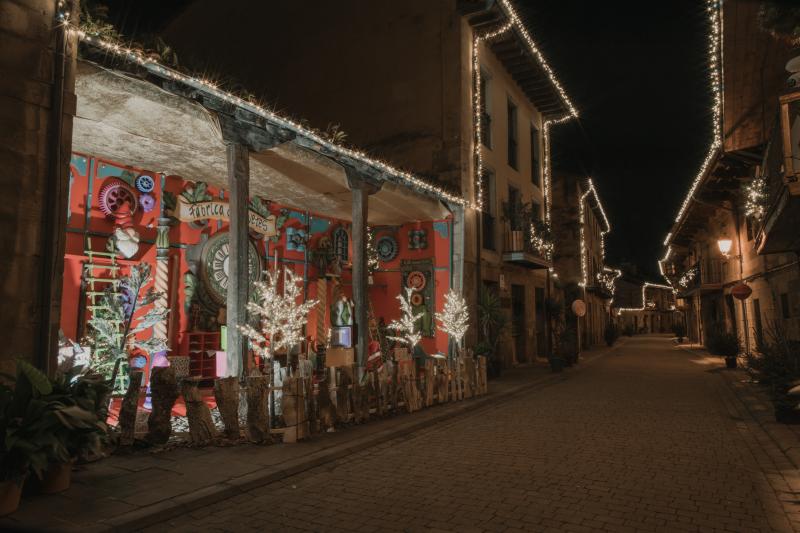
The revitalization and preservation of old heritage by bringing symbolic lights and festive engagement. With the spirit of enhancing a sense of European identity awareness, the aim is to develop a permanent natural space (specially on Christmas), an immersive environment, that highlights the diversity of European traditions and values. Considering our rural framework, the kids play a key role for community learning and strengthening cultural exchange of European identity.
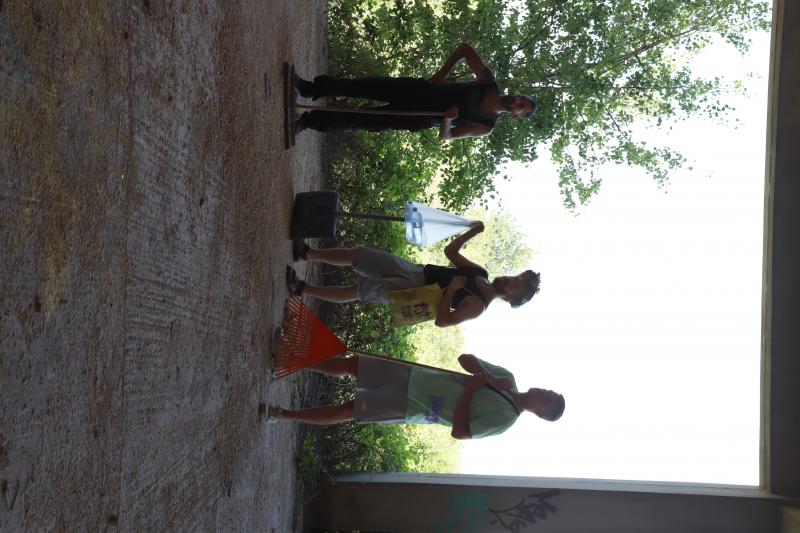
Cotranspose facilitates community place-making by reclaiming inactive spaces. We connect diverse communities to create shared spaces, fostering a stronger sense of belonging and cultural revitalisation through collaborative innovation.
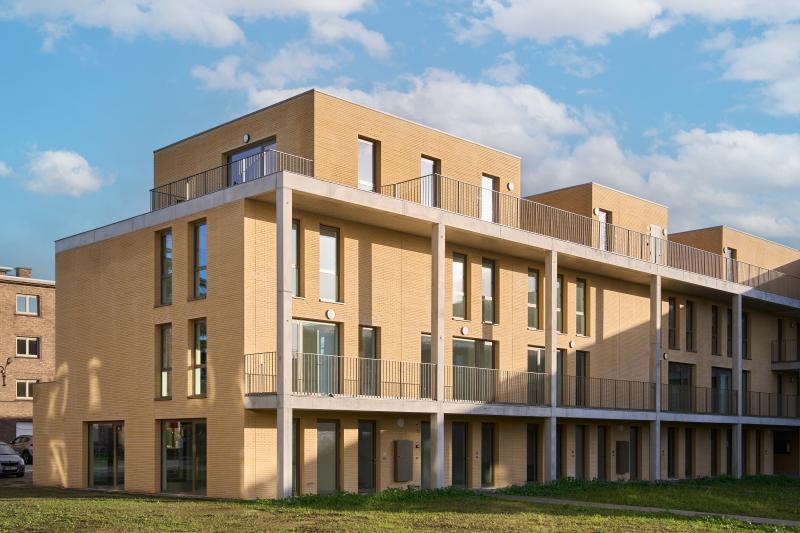
Forever affordable housing in Ghent: you buy the home, not the land. Community Land Trust Ghent creates sustainable, high-quality homes at affordable prices on community-owned land for vulnerable groups, following an innovative, neighbourhood-focused, and participatory model.
In recent decades, extreme wildfires have been a major concern in Arouca, a small town in northern Portugal. Land abandonment, forest overgrowth, and human-caused fire ignition are the primary causes for this ongoing crisis. The "Walkways & Wildfires" project examines how walkways along the River Paiva are reconnecting people to nature. It also explores how forest management and ecosystem services certification can aid private landowners in safeguarding the landscape from wildfires.